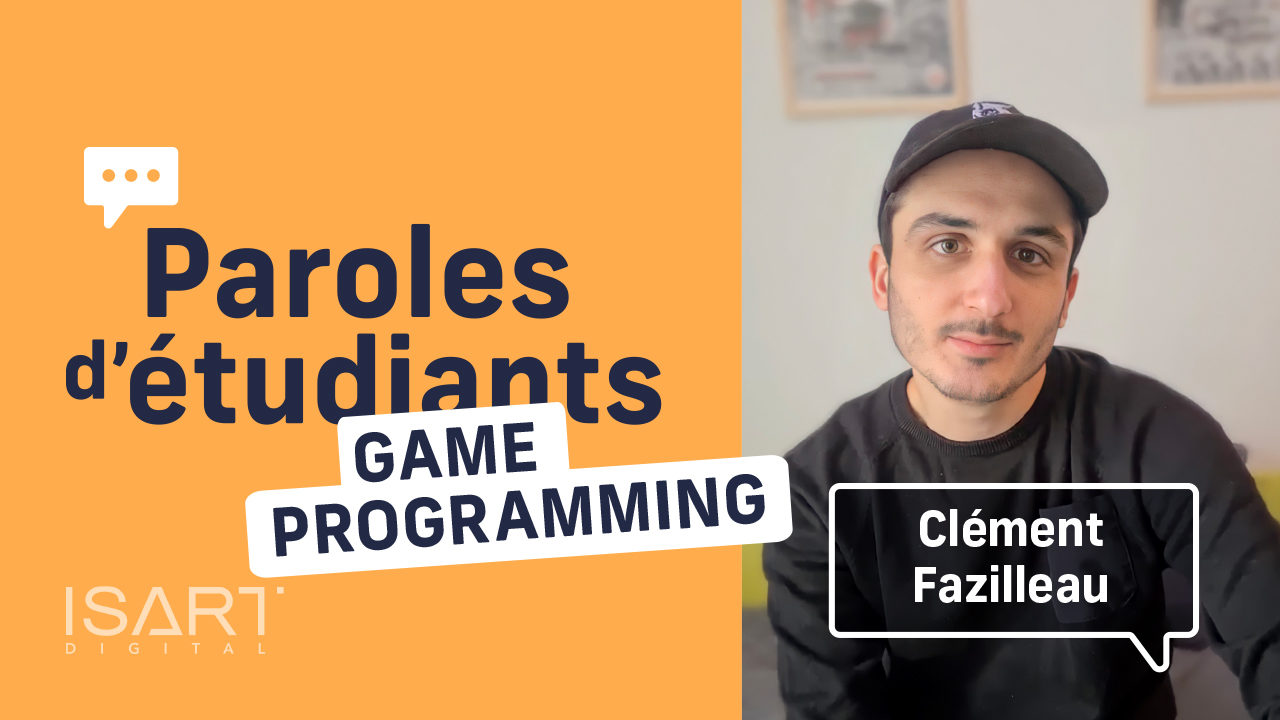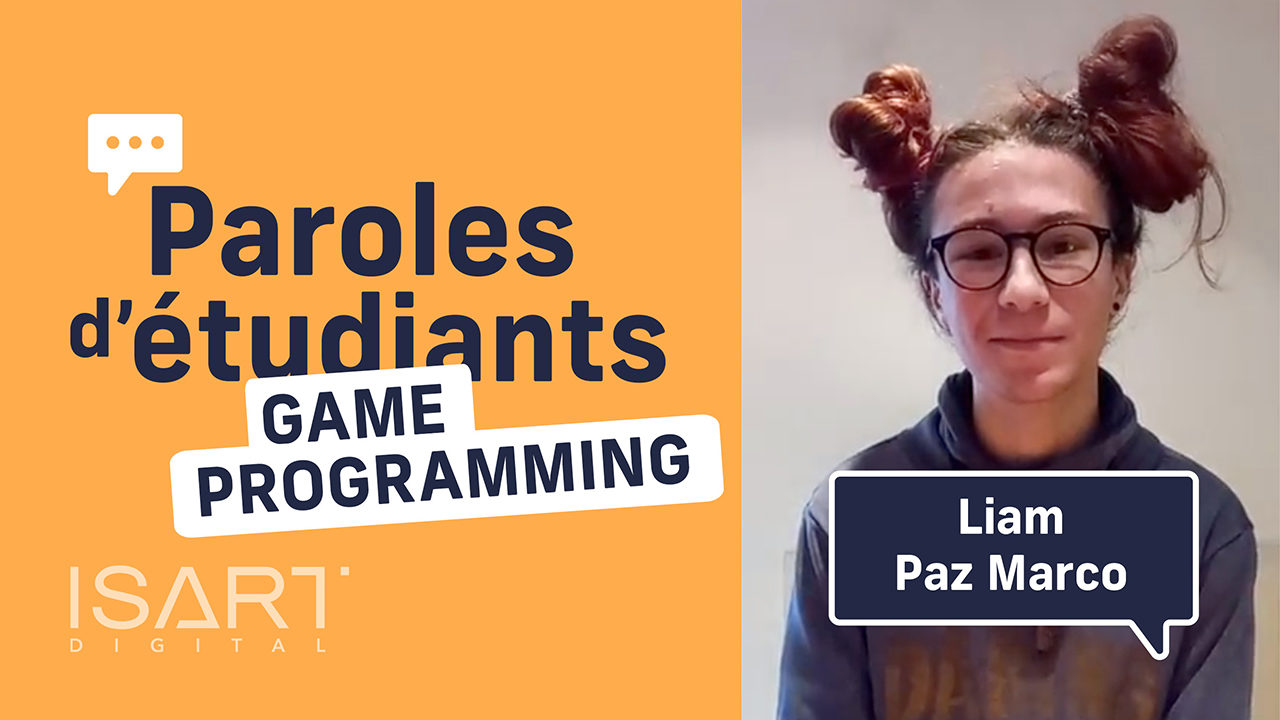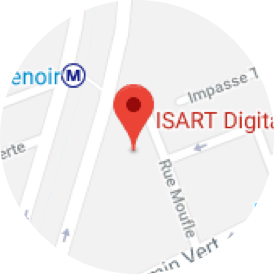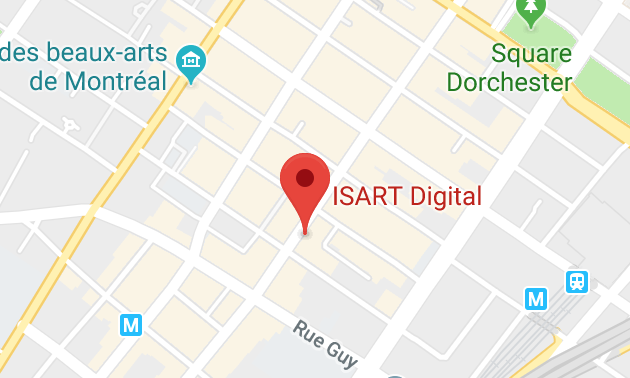
Becoming an Unreal Engine Developer
Missions, Activities, Skills, Training
Becoming an Unreal Engine Developer: Profession and Training
What is an Unreal Engine Developer?
An Unreal Engine Developer specializes in creating video games, applications, or simulations developed with the Unreal Engine game engine.
Their work involves programming, visual design, and optimization to create immersive interactive experiences.
Missions and Responsibilities of an Unreal Engine Developer
- Analyze the feasibility of features
- Design the software architecture of the project
- Prototype, develop, and implement features in games using Unreal Engine
- Maintain and update games, optimize performance for different platforms
- Write optimized, scalable, and well-documented code
- Test, evaluate, and debug code
- Provide technical solutions to problems encountered by multidisciplinary teams on the project
- Collaborate closely with Game Designers, Game Artists, and Sound Designers to integrate graphic and sound elements
- Report any blocking issues as they arise
- Stay updated on the latest trends and technologies in the video game industry
Required Skills for an Unreal Engine Developer
The profile of an Unreal Engine Developer can vary depending on the field in which they specialize (game development, simulations, architectural visualizations, applications, etc.).
However, here are some general skills that are often sought after in an Unreal Engine Developer:
Mastery of Unreal Engine and its ecosystem is essential, including an understanding of its software architecture, interface, tools, and features. This includes the ability to create environments, program game mechanics, integrate assets, and use rendering and physics systems.
The ability to program in C++ is required to customize and optimize Unreal Engine features. Additionally, proficiency in the Blueprint scripting language is important, and knowledge of version control tools like Perforce and/or Git is necessary.
Previous experience in game or simulation development is a valuable asset. This includes an understanding of game design principles, software architecture, and development workflows.
Very good knowledge of real-time 3D, virtual reality (VR), augmented reality (AR), or mixed reality (MR) devices is often necessary.
Understanding key 3D modeling software, such as Maya, Blender, or 3ds Max, can be useful for creating and integrating assets into Unreal Engine.
Although the artistic part is often managed by specialized artists, having basic skills in visual design, texturing, and creating animations can be beneficial for working effectively with artistic assets.
The ability to measure performance, solve technical problems, and effectively debug errors is essential for an Unreal Engine Developer. This requires logical and methodical thinking, as well as a good understanding of programming concepts.
Teamwork is often necessary in Unreal Engine project development. Therefore, effective collaboration on project status and technical needs is required.






Career Prospects after Training as an Unreal Engine Developer
Various career opportunities are available for Unreal Engine Developers, including:
- Becoming a Video Game Developer: Create virtual worlds, characters, and game mechanics. Game Developers join independent game development studios or larger studios.
- Becoming a Developer of Virtual or Augmented Reality (VR or AR) Applications: Work in industries such as entertainment, education, healthcare, real estate, architecture, military, etc.
- Becoming a Software Engineer Specializing in Simulations and Visualizations: Work in fields such as architecture, engineering, construction, medicine, and more.
Collaborations with Renowned Studios
Unreal Engine Developers have the opportunity to work within independent studios (often smaller in size) and contribute to projects that allow them to diversify, explore new game genres, and participate in exciting projects.
They can also collaborate with renowned studios, offering Unreal Engine Developers unique opportunities to contribute to AAA projects.
Training offered by ISART
For over 20 years, the school has been offering training in the fields of video games and virtual reality, with programs covering the technical, artistic, and creative aspects of the industry.
These programs provide students with the skills and experience necessary to succeed in constantly evolving and highly competitive fields.
Video Game Game Programming course to become an Unreal Engine Developer
ISART's Game Programming training (Paris & Montreal campuses) produces comprehensive and high-level profiles that possess both technical and scientific skills related to video games as well as strong cross-functional skills.
Students are trained in production pipelines, technologies, and challenges of the digital and video game industry, including those encountering challenges in areas such as virtual reality, artificial intelligence, or big data.
Through modules combining basic sciences, specialized teachings, humanities, research initiation, and professional experience, ISART Digital students are trained to work in multidisciplinary environments.
The Game Programming master's degree offers them the opportunity to specialize in advanced engineering topics (e.g., physical simulation programming) and collaborate with all professions within the video game industry as part of a common project.
They also specialize in specific subjects, open up to cross-functional careers, and can engage in research, particularly in partnership with the Tokyo University of Technology.
Other science & tech careers that might interest you
The Video Game Engine Developer designs, develops, and optimizes the game engine.
The role of a Gameplay Programmer is to create and implement gameplay mechanics.
The Gameplay Programmer contributes to the production of multi-platform games by making the right technological choices.
The Lead Developer directs and technically supervises the creation of a video game.

